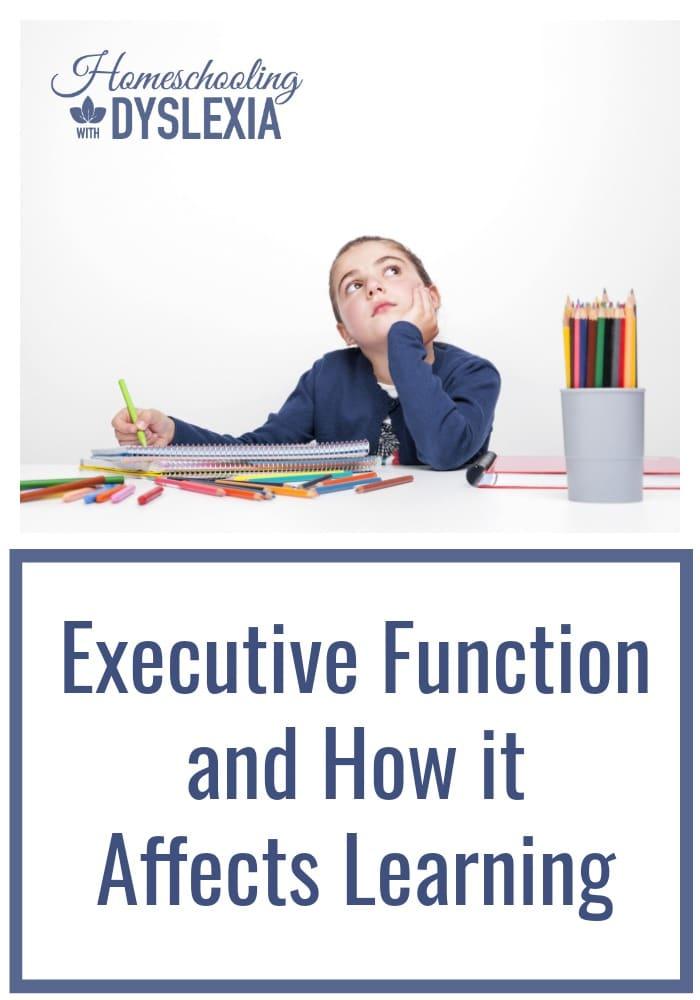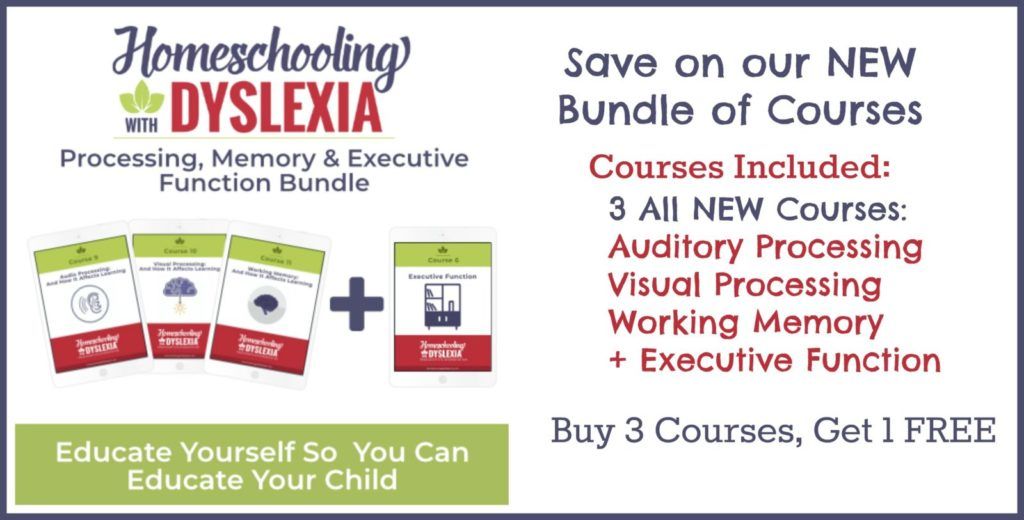What is Executive Function?
Executive Function refers to the set of mental skills that help people plan, organize, remember things, prioritize, pay attention and get started on tasks. They also help people use information and experiences from the past to solve current problems.

Executive function and self-regulation skills play a huge role in learning and development. Just as an air traffic control system at a busy airport manages the arrivals and departures of many aircraft on multiple runways, executive function skills allow us to retain and work with information in our brains, focus our attention, filter distractions, and switch mental gears.
Three skills needed to have strong executive functioning ability:
Working memory — The ability to hold information in the mind and use it. Learn more about working memory here.
Inhibitory control — The ability to master thoughts and impulses so as to resist temptations, distractions, and habits, and to pause and think before acting.
Cognitive flexibility — The capacity to switch gears and adjust to changing demands, priorities, or perspectives.
These skills help us to:
- remember the information we need to complete a task,
- filter distractions,
- resist inappropriate or non-productive impulses, and
- sustain attention during a particular activity.
- set goals and plan ways to meet them,
- assess our progress along the way, and
- adjust the plan if necessary, while managing frustration so we don’t act on it.
If your child has weak executive functioning skills, any task requiring these skills will be a challenge.
Having issues with executive functioning makes it difficult to:
- Keep track of time
- Make plans
- Make sure work is finished on time
- Multitask
- Apply previously learned information to solve problems
- Analyze ideas
- Look for help or more information when it is needed
Signs of Executive Function Weakness
Executive functioning weaknesses can produce a wide range of symptoms. Depending on which skills your child struggles with the most, and the particular task he or she is doing, you might see the following signs:
- Finds it hard to figure out how to get started on a task
- Can focus on small details or the overall picture, but not both at the same time
- Has trouble figuring out how much time a task requires
- Does things either quickly and messily or slowly and incompletely
- Finds it hard to incorporate feedback into work or an activity
- Sticks with a plan, even when it’s clear that the plan isn’t working
- Has trouble paying attention and is easily distracted
- Loses a train of thought when interrupted
- Needs to be told the directions many times
- Has trouble making decisions
- Has a tough time switching gears from one activity to another
- Doesn’t always have the words to explain something in detail
- Needs help processing what something feels/sounds/looks like
- Isn’t able to think about or do more than one thing at a time
- Remembers information better using cues, abbreviations or acronyms
Strategies for Helping Kids With Weak Executive Function Skills
Helping kids with executive function weaknesses involves creating systems and building habits of effective strategies to support your child in each area affected, whether it be academic, behavior and emotions, or social situations and relationships.
Here are 5 quick strategies for teaching organization to kids with executive function weaknesses.








I’ve been homeschooling my now16 yr old son since 1st grade. He’s been tested by public school, cause it was free to us, and told he’s LD. When I asked about dyslexia and APD, they simply stated the state of NC does not recognize those as a learning disability. So I’m confused. Meanwhile, our son deals with hate of reading, writing, and arithmetic, but is absolutely amazing with building Lego structures….whatever comes to his mind!! With slow speech, he shies away from talking to strangers therefore making friends doesn’t occur. He’s so mild tempered, and helpful but has no friends….so sad. I’m positive he has dyslexia, APD and deals with slow working memory and execution functions. Any suggestions/comments/help would be so, so appreciative. There’s no support groups here for homeschooling either. Thank you?
I wouldn’t put a lot of importance on what the public school recognizes. It was good of them to test your son but they are not interested in diagnosing. They test to determine eligibility for special education services. Have you tried using audio books with your son? Audio books are an amazing way for kids with dyslexia to ‘read’ great books. His slow speech may be an auditory processing weakness. It can be difficult in social situations, Can you get him involved with a Lego class of some sort? There are Lego building clubs (maybe he can start one?) and Lego robotics classes in our area. I would focus on his areas of strength where you can. Also, having younger friends can be helpful. Maybe he could teach a Lego class or host a Lego Club of some sort.I’m just throwing some ideas out there. You know your son the best. I’m going to be writing more about strengthening weak processing and memory soon!
Looking forward to that course bundle especially the working memory part!
Sheilah, Not sure where in NC you are located. I am in the eastern part and have 4 dyslexic children. Lots of homeschoolers in this area in this area with a number of different homeschool groups.